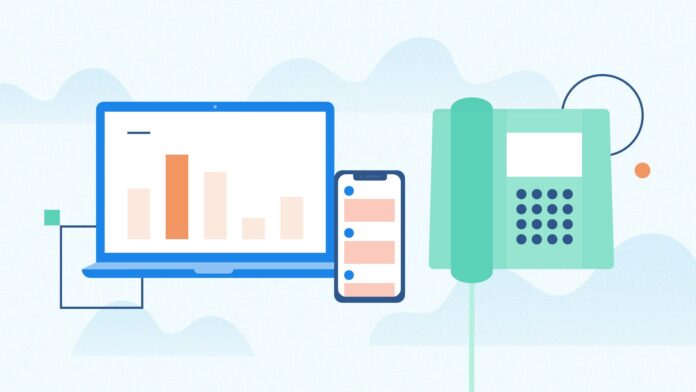The advantages of using a Virtual Private Branch Exchange (VPBX) outweigh the costs of hardware.
Hosted telephone systems require only an initial investment of handsets, modems, routers, and switches.
Improvements are made. VoIP phone systems and traditional PBX systems can both be included in hosted phone systems. If your IP PBX is already internet-enabled, you can transition it to SIP trunking where you can use it as a telephone network.
We will break these concepts down to make them easier to understand:
- How does a hosted phone system work?
- How do you host a website?
- Hosting your PBX has many benefits
- Cloud computing has some drawbacks
- Finding the right car
How does a hosted phone system work?
A telephone system that can be accessed via the Internet is called hosting.
Each platform is capable of hosting a PBX system. Despite their similarity, the two configurations function differently.
1). VoIP hosted in the cloud: Each phone is connected to a VoIP data center outside. In advance, a SIP server is programmed to allow individual phones to register with it.
You can provide all essential functions to your modern staff with a cloud PBX. Auto attendants, videoconferencing, voicemail to email – all are available. From the perspective of management, it’s one of the easier platforms to manage.
1) SIP trunking: Keep your existing PBX, but have all the outside lines run through your existing VoIP trunk. Even if your PBX fails, you can use a brick-and-mortar office or virtual office to take your calls.
What is a hosted VoIP solution?
Making and receiving calls via the internet is possible with a cloud PBX. This online service provides VoIP services from which you can make SIP calls.
The process is as follows:
- Find a hosted phone system provider who offers cloud PBX services. A data center off-site is connected to this.
- We receive an incoming call on your PBX system.
- In order for the hosted PBX to send packets, that call data is converted via the internet connection. VoIP is used in hosted phone systems.
- With the PBX, your desk phone will receive incoming calls.
- Your desk rings, and you pick it up. Following the conversion of digital packets to voice messages, a connection is established. You can converse directly with your callers using a hosted PBX.
An internet-connected device can make or receive calls in a cloud phone system. All types of devices can be used for business, from mobile phones to desktops to laptops.
There are 26 differences between PBXs and VoIPs that you should know
There are many advantages to a hosted phone system
There are several advantages to using the cloud as a phone system:
Installation is easy
Installing a traditional phone system is complex, time-consuming, and expensive. These issues can’t be solved with a hosted phone system.
Installing and configuring the cloud-based system does not require anyone to visit your office. Businesses both large and small profit from this process since it makes collaborating easier and more affordable.
Saves on costs
Traditional phone systems are more expensive than hosting because of two reasons. We don’t have to purchase any new equipment. A cloud telephony system can be run with existing equipment. These include:
- Using softphones
- Phones on desks
- Mobile devices (such as iPhones and Android devices) are smartphones.
- VoIP handsets
Cloud-based business phone system are often less expensive to maintain. An engineer does not need to be called because the problem can be fixed on-site. The IT team of your company can usually resolve VoIP issues without contacting the provider.
A very useful guide can be found at https://www.ring4.com/blog/why-all-saas-companies-need-a-cloud-phone-system
Help keep news FREE for our readers
Supporting your local community newspaper/online news outlet is crucial now more than ever. If you believe in independent journalism, then consider making a valuable contribution by making a one-time or monthly donation. We operate in rural areas where providing unbiased news can be challenging. Read More About Supporting The West Wales Chronicle
























